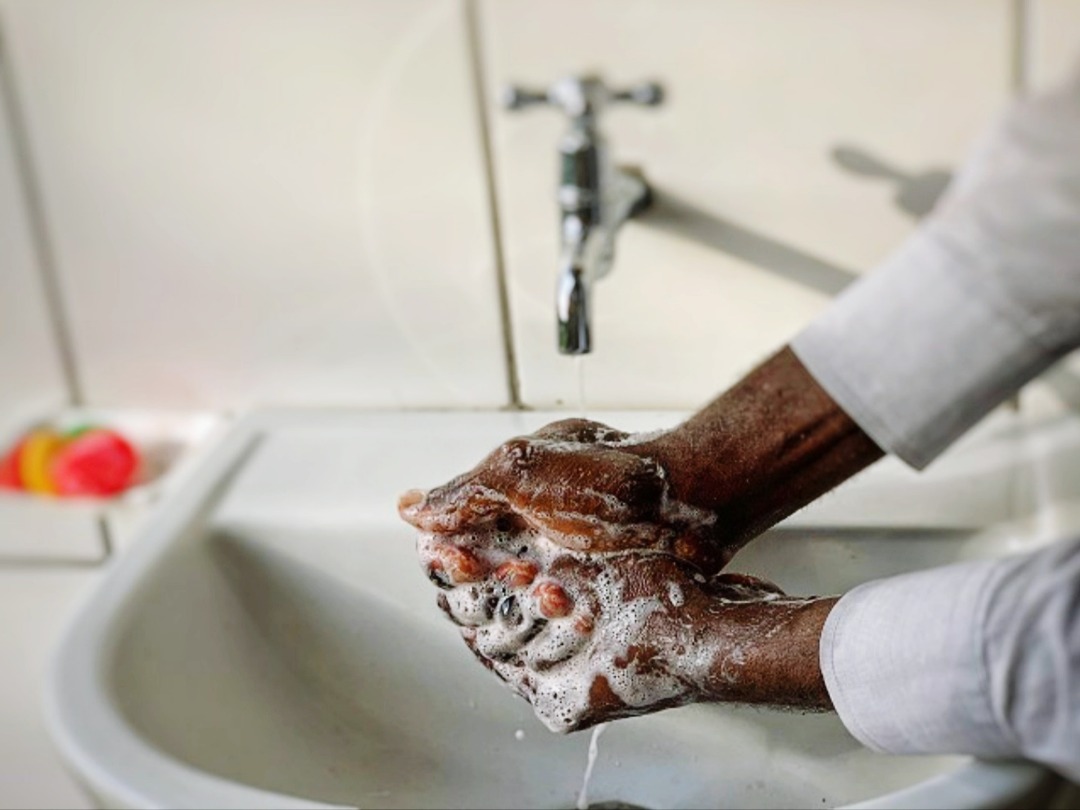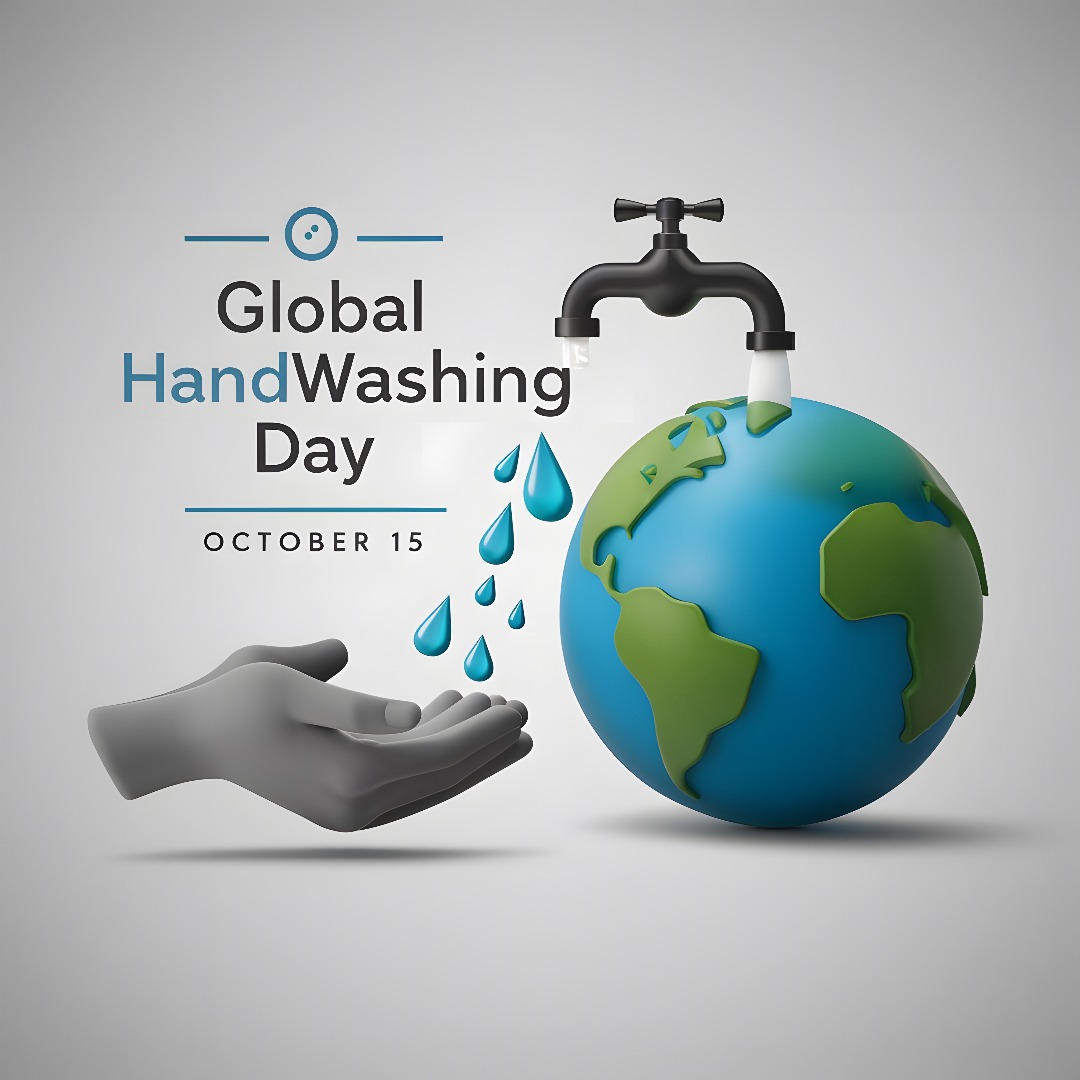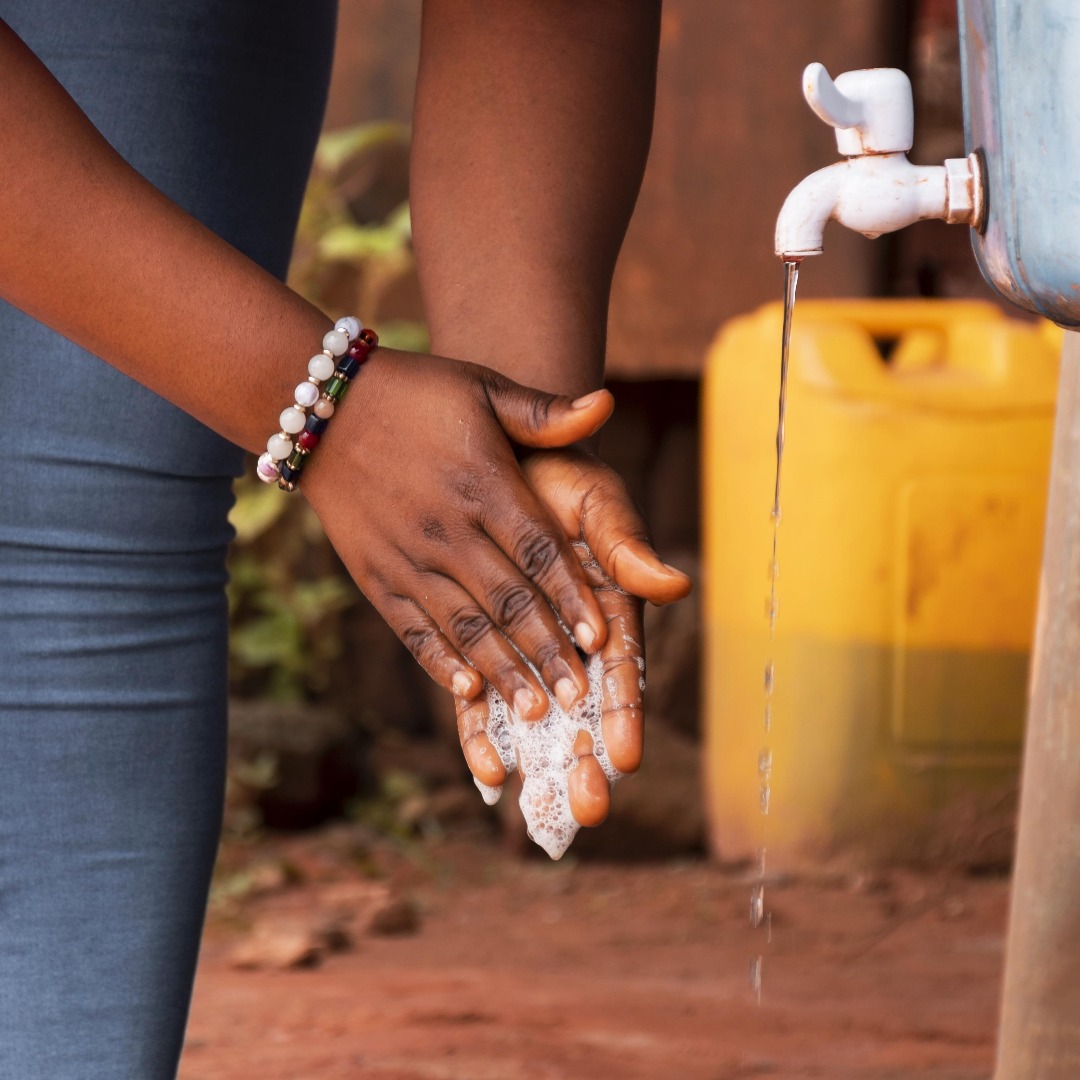Global Handwashing Day (Oct 15): Hand Hygiene Saves Lives
Every October 15, the world comes together to celebrate Global Handwashing Day, a day dedicated to raising awareness about the importance of hand hygiene. Clean hands are one of the simplest, yet most powerful, ways to prevent infections, save lives, and promote healthy communities.
Hand hygiene isn’t just about cleanliness — it’s about protection. Whether at home, in schools, workplaces, or healthcare settings, washing hands regularly and correctly remains one of the most effective ways to stop the spread of diseases.

Why Handwashing Matters
The hands are among the most common ways germs are transmitted. We touch surfaces, people, and objects countless times a day — and with that, we carry millions of microorganisms. Without proper hand hygiene, these germs can easily enter the body through the mouth, eyes, or nose, causing illnesses like:
- Diarrheal diseases
- Respiratory infections (e.g., influenza, COVID-19)
- Skin infections
- Foodborne illnesses
According to the World Health Organization (WHO), proper handwashing can reduce diarrheal diseases by up to 40% and respiratory infections by 20%.
When Should You Wash Your Hands?
Clean hands make a difference every day. Wash your hands:
- Before and after eating or preparing food
- After using the restroom
- After coughing, sneezing, or blowing your nose
- After touching shared surfaces or public objects
- Before and after caring for someone who is ill
- After handling waste, animals, or garbage
In healthcare settings, frequent hand hygiene saves patients’ lives by reducing healthcare-associated infections (HAIs).
The Right Way to Wash Your Hands
Follow these five simple steps for effective handwashing:
Wet your hands with clean, running water.
Apply soap and lather well, covering the backs of your hands, between your fingers, and under your nails.
Scrub for at least 20 seconds (hum “Happy Birthday” twice).
Rinse thoroughly under clean, running water.
Dry your hands using a clean towel or air dryer.
If soap and water are not available, use an alcohol-based hand sanitizer (with at least 60% alcohol).
Understanding the Global Impact
Global Handwashing Day was established in 2008 by the Global Handwashing Partnership to inspire action toward universal hand hygiene. Each year, the campaign focuses on a specific theme — all emphasizing the critical link between clean hands and good health.
The goal is to promote a culture of hand hygiene in every community — from households and schools to healthcare facilities and workplaces.
“Hand hygiene is the foundation of infection prevention — and every clean hand is a step toward saving lives.”
Medical Director, TQSH
How Hand Hygiene Saves Lives
Handwashing can:
- Reduce the spread of infections and disease outbreaks
- Protect children from life-threatening illnesses
- Improve maternal and newborn health outcomes
- Promote productivity and public health in workplaces and schools
In hospitals, healthcare workers’ adherence to hand hygiene is crucial in preventing the spread of infections to patients and staff alike.
TQSH’s Commitment to Hand Hygiene
At Tranquil and Quest Specialist Hospital, we emphasize hand hygiene as part of our core infection control strategy.
We educate our staff, patients, and visitors on proper handwashing techniques and provide accessible hygiene stations throughout our facility.
By making hand hygiene a shared responsibility, we continue to build a safer and healthier environment for all.
Conclusion
Clean hands truly save lives. On this Global Handwashing Day, let’s renew our commitment to practicing good hygiene, not just today, but every day. By washing your hands regularly, you protect yourself, your loved ones, and your community.
Learn more about infection prevention and wellness tips from our team at Tranquil and Quest Specialist Hospital.
Let’s keep our communities safe, one clean hand at a time.






